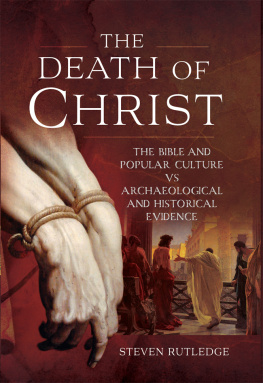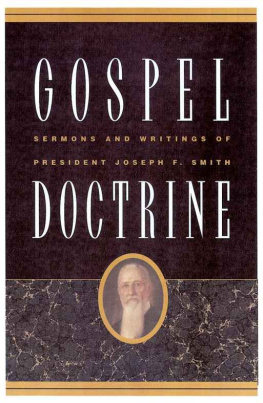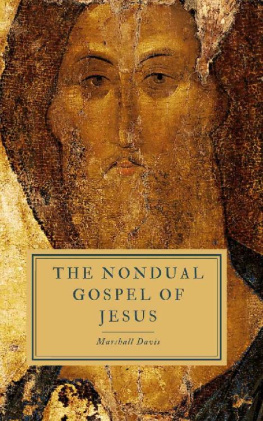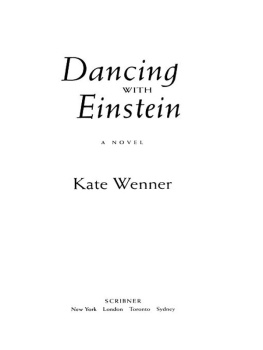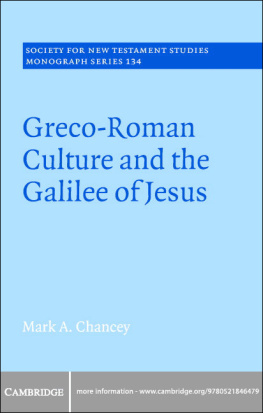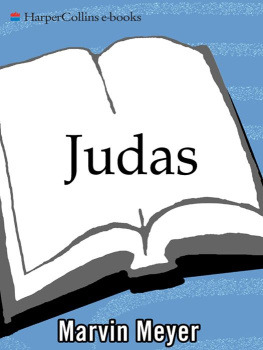By the Same Author
THE MOTHER
SONG OF THE VALLEY
THREE NOVELS, Eta.
Sholem Asch
THE NAZARENE
Translated from the Yiddish by
MAURICE SAMUEL
LONDON
ROUTLEDGE & KEGAN PAUL LTD
BROADWAY HOUSE: 68-74 CARTER LANE, E.C.4
Printed in Great Britain by Butler & Tanner Ltd., Frame and London
Part I
Chapter I
NOT the power to remember, but its very opposite, the power to forget, is a necessary condition of our existence. If the lore of the transmigration of souls is a true one, then these, between their exchange of bodies, must pass through the sea of forgetfulness. According to the Jewish view we make the transition under the overlordship of the Angel of Forgetfulness. But it sometimes happens that the Angel of Forgetfulness himself forgets to remove from our memories the records of the former world; and then our senses are haunted by fragmentary recollections of another life. They drift like torn clouds above the hills and valleys of the mind, and weave themselves into the incidents of our current existence. They assert themselves, clothed with reality, in the form of nightmares which visit our beds. Then the effect is exactly the same as when, listening to a concert broadcast through the air, we suddenly hear a strange voice break in, carried from afar on another ether-wave and charged with another melody.
I stood before the door on which I could perceive, even in the half-darkness which reigned in the corridor, the three letters I.H.S., written in chalk: a circumstance which did not fail to impress me, leaving no doubt in my mind that this was the residence of a Christian, more specifically, of a Catholic. He himself opened the door for me.
Thick air was wafted out upon me, laden with the mildew of old things long stored away, and of rotting papers. In the darkness which filled the front room on that wet and cloudy autumn evening I was aware by feeling rather than by sight of the dynamic figure which confronted me. Not that it was powerful and imposing; on the contrary, it was small and withered. And yet there was the feeling that in this vague little blot of a man there was concentrated a tremendous electrical charge which was liable to explode at any moment. And indeed, I approached him with the utmost care; it was in the most modest and respectful voice which I could muster that, in answer to his astonished look, I explained my presence there.
Oh Deep breath passed through his horribly bony, thin, aristocratically chiselled nosethe only hint of form -standing out from the dim, featureless blur which was his face. I heard the echo of the change of air in his lungs. Without uttering a word, without even looking at me properly, he waved to me to follow him.
We passed through the long, narrow front room, the walls of which, on either side, were covered with bookshelves. The books did not stand in rows; they lay in bundles, corded up as if to be carted away. The walls of the studio were likewise covered with shelves, and on these too the books lay tied up in packages. I had ample time to observe him in this, his habitat, for the man had no sooner brought me into his room than he promptly forgot about me and calmly seated himself at his writing desk, from which I had torn him away by ringing the bell. He not only did not ask me to take a seat, but ignored me completely, as if I were not in the room at all. I had, before coming here, made up my mind to react to no insult and not to lose patience under any provocative remark. I was well acquainted with his attitude toward the nation and religion to which I belong; but I had resolved to pay no attention to irrelevancies and to pursue the single purpose which I had set myself, which was to make the closer acquaintance of this man. I therefore did not let myself become perturbed, but used the interval of time in order to observe him from my corner. His writing desk stood near the single window, which must have looked out upon a narrow yard, for the light which managed to seep through the double windows, stopped with cotton-wool, was faint and dim, as though it had passed through a sieve. And yet, in spite of the heavy onset of twilight about us, a lustre as of yellow parchment rested on his face. The head, steeped in the colourless atmosphere of the room, looked like the head of a Caesar on a worn-out Roman coin. The thin, bony nose was like a delicate instrument with two finely carved wings; sharp-pointed, it hung over the paper like the beak of an eagle. It dominated his face, repressing all the other features. The big head, hovering above the desk, was naked; only a thin border of yellow-white hair lay like a circlet about his baldness. There was so much energy in the nervous, trembling hand which he pushed across the paper that the pen protested with a loud, scratching noise. But I was puzzled to know how he had managed to find room on his table for all the things that lay there: there were positive towers of dictionaries, encyclopaedias and handbooks; and quite apart from the volumes, pamphlets, journals and stacks of papers belonging to the writers craft, there were also piled up innumerable objects apparently unrelated to it; I saw a Roman helmet, a sword, innumerable bronze and earthen vessels and other archaeological fragments, spikes, buckles, fragments of old pottery, bronze and marble pieces of Greek or Roman figurines. And, beside these, enormous numbers of stones with a variety of inscriptions.
Finally he recalled my presence in the room and rose. With him rose likewise a single fly with which he had been waging war without interrupting his writing. Now it pursued him and circled about his head. He chased it away with a handkerchief, and with energetic steps came over to the corner where I had stood immovably waiting for him to call me to mind. He began to talk to me as if he had known me for years, and as if we were resuming a conversation which had only just been broken off:
Theyre a frightful pest, these flies! Do you know with whom the historian Tacitus compared them? With that noisy and tumultuous people, the Jews! Har-r-r, ha-r-r! His laughter ended on a long, sharp rolling r. And do you know how the Emperor Domitian used to pass the time, days at a stretch? He used to catch the flies in his palace and tear off their wings so that they could not fly. Har-r-r! Har-r-r! A lofty occupation for a Roman Caesar, what? But it was symbolic, young man, it was symbolic. He was, in fact, fit for nothing else. His campaign against the Germans was an empty bluff, nothing more. He did not even cross the Rhine, though he was one of the Vespasians who freed the world from the Jewish plague, and burned that nest of the Pharisees and Sadducees, the Templehar-r-r! Har-r-r!
I answered him calmly: Sir, I have come here on the recommendation of Madame B . I am ready to place my knowledge of the Hebrew language at your disposal.
He looked at me in astonishment, came a step closer as if to see me better, took a step back, and answered seriously:
If I have in any way offended the zealot in you I beg your pardon, grandson of the Maccabees and of Simeon bar Giora! And still they say that the lamb, Jesus, came out of the lions den of Judah! Im at one with NietzscheId give away the whole New Testament for a single page of the Old. The latter deals with men, the former with nothing but females; the latter deals with a God of vengeance, and the former with nothing but feminine forgiveness
Afraid that he was off again on a wild flight, I once more ventured to interrupt him:
On the recommendation of Madame B., I have the honour
Ah yes, ah yes, Madame B. told me that you were ready to impart to me the mysteries of your holy tongue, which I need in connection with an important matter. I thank you for your offer, and I must confess that I admire your courage, young man. And may one know what motives impel you to make the enemy of the chosen people privy to your conspiratorial world? Perhaps the price you will set for it will be too high, and I shall not be able to pay it.
Next page

